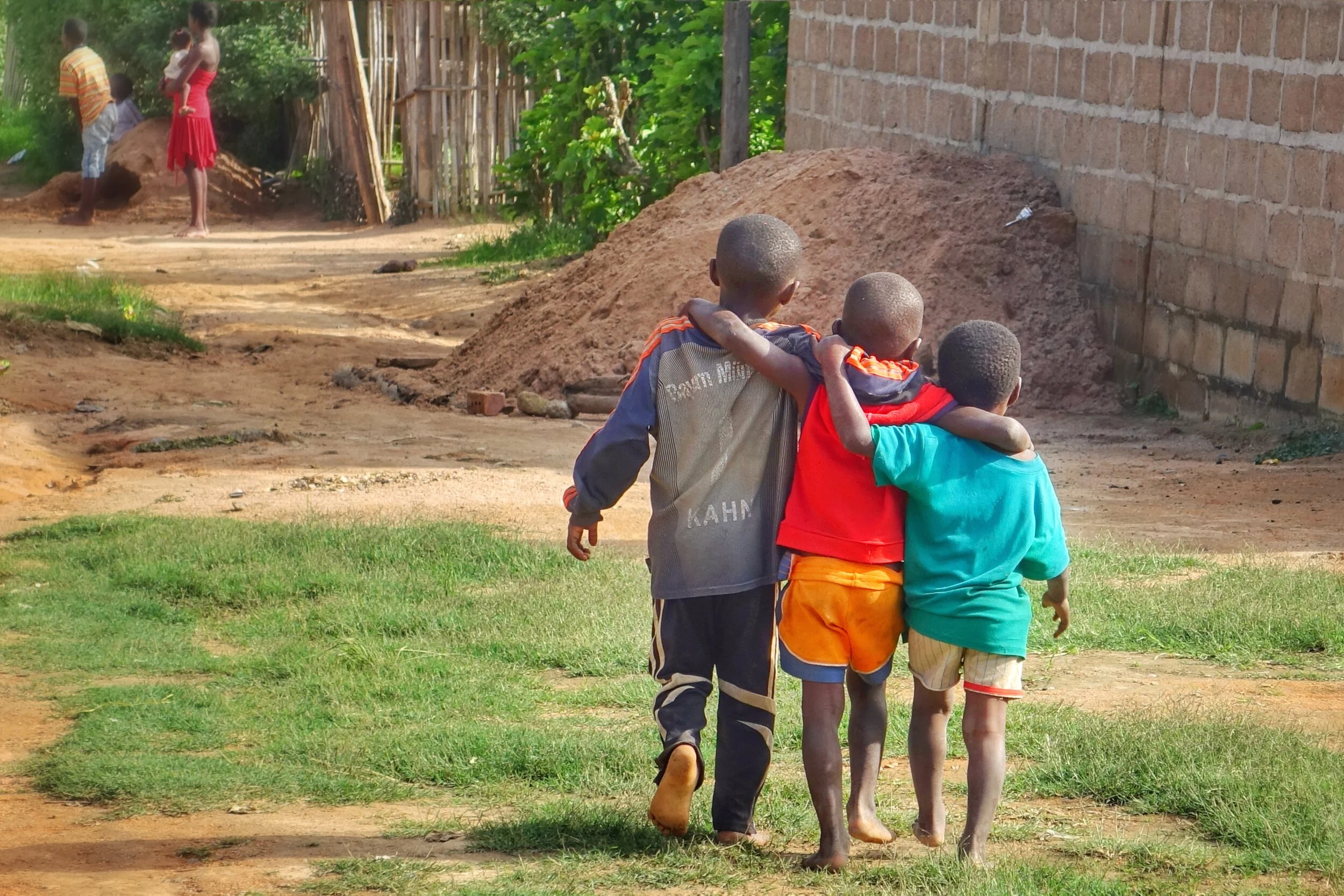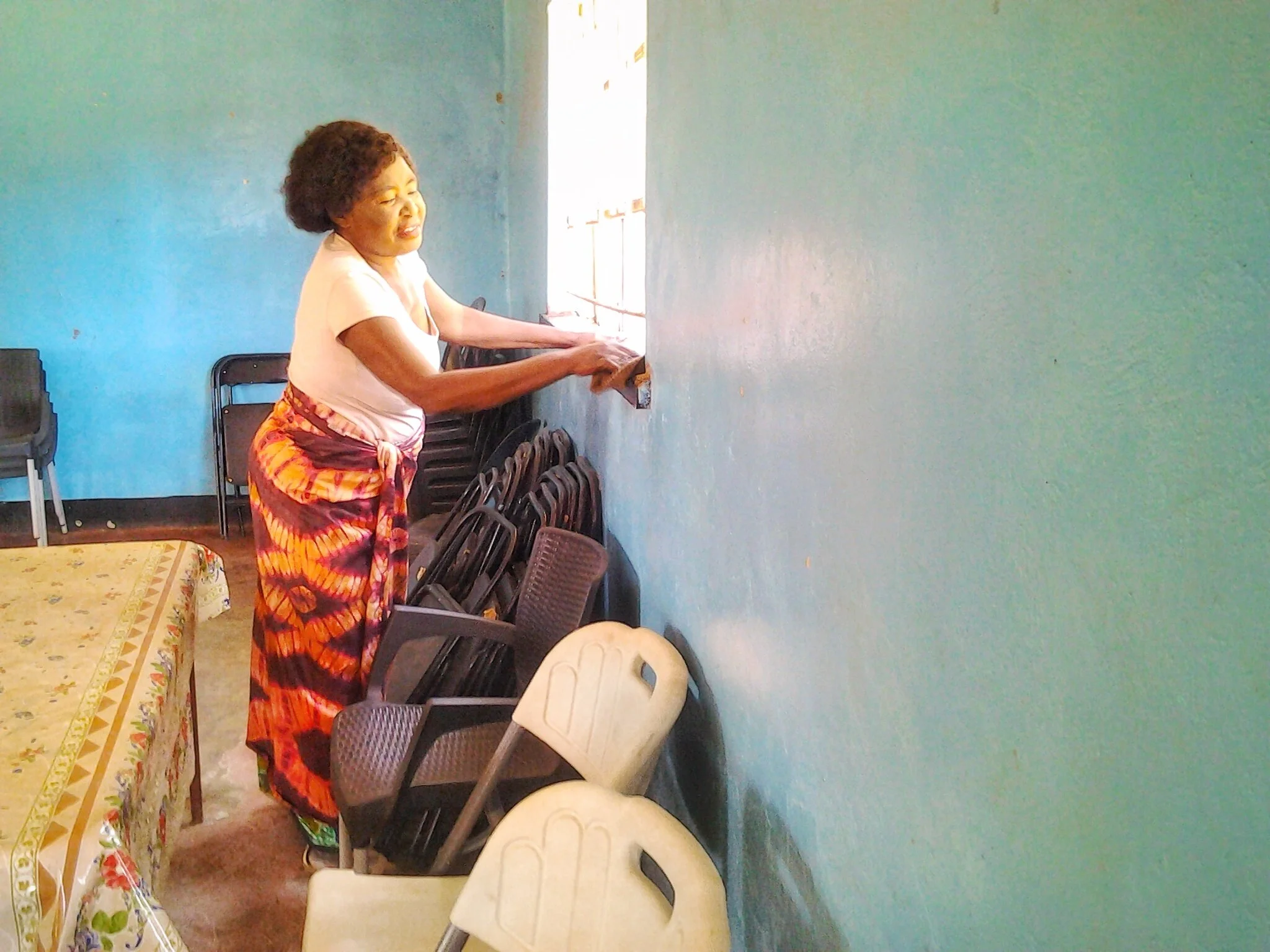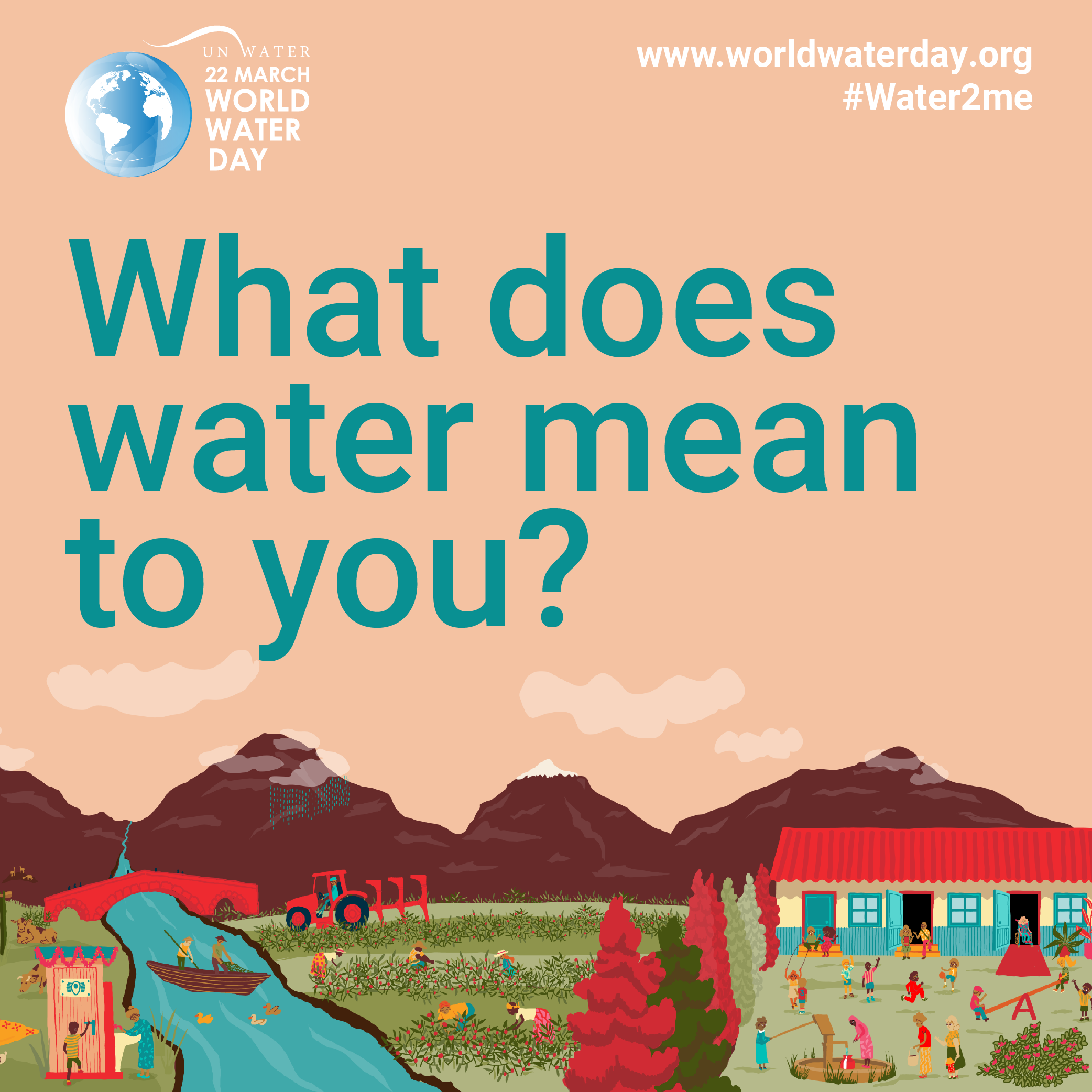In Zambia, a shocking 10% of it’s population are orphans. In the wake of this devastating reality, grandmothers, aunts, and neighbors have taken up the parental mantle, raising the children as best they can.
Our Kafwa health worker colleagues in Luapula province are there to support both the orphaned children and the caregivers. The Kafwa have facilitated support meetings for the caregivers and began Isubilo (meaning “hope”) programs for the children. The Isubilo group provides a welcoming environment to share feelings among peers, engage in fun activities, and build lasting friendships.
Developments are underway to build a community center in this area, where there will be expanded opportunities for activities supporting orphans, caregivers, facilitating health education, and weighing/monitoring infants and children, led by the Kafwa and other community volunteers. There’s great potential for sports activities and group events that will promote teamwork and connection.
Community health workers are the nurturing foundation of everything we do. And with your support, combined with the health workers’ time, effort, and love, women and children are uplifted and empowered!
Luapula coordinator, Jane Chibwe, with Isubilo group














